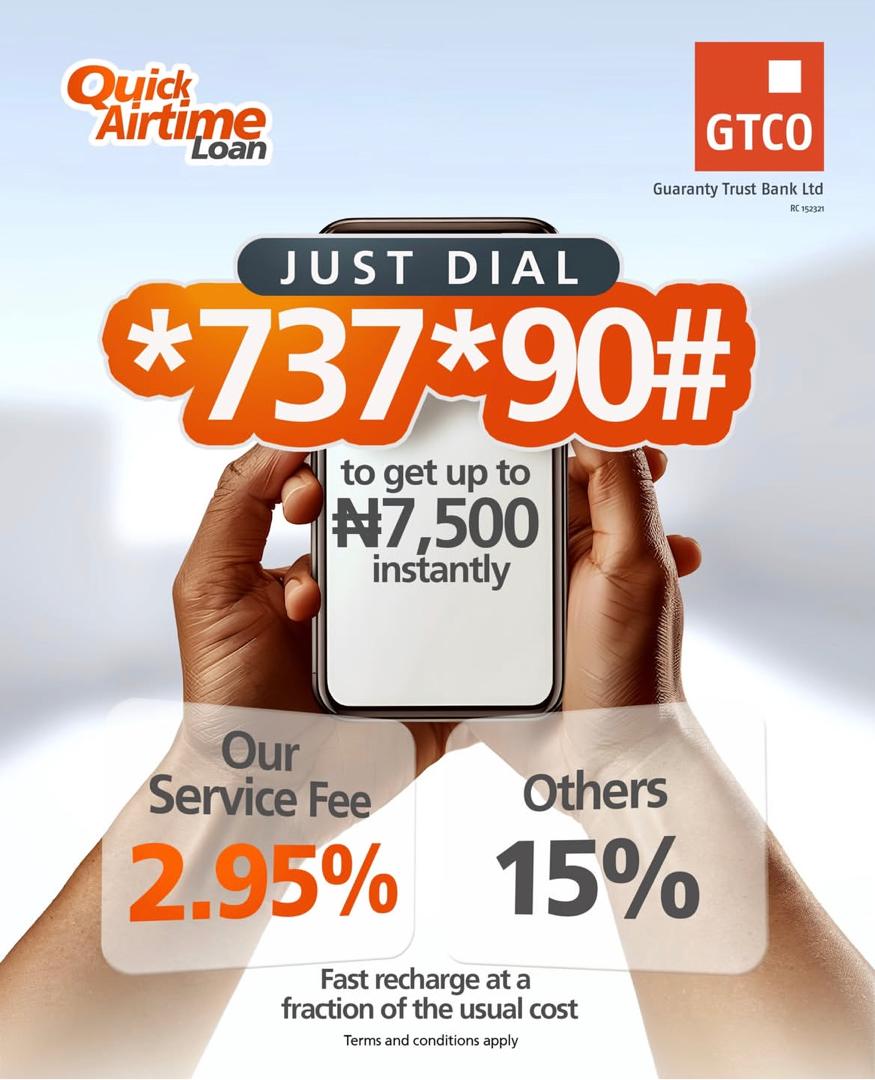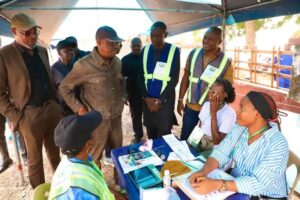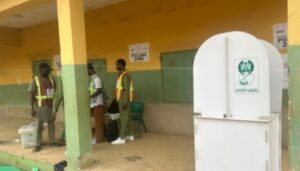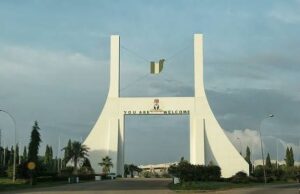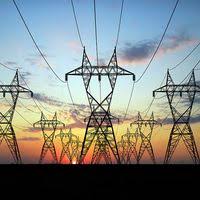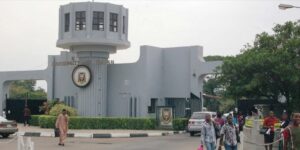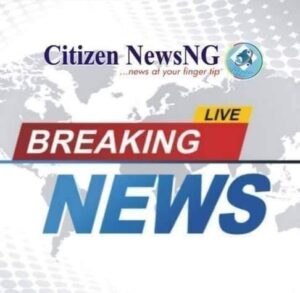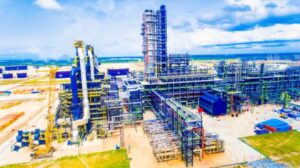
Fuel Queue
Photo Illustration
Petrol shortages on Friday caused long queues in Abuja, Niger, and Nasarawa states after many independent filling stations closed down.
Dealers cite their inability to access petrol due to a hike in the ex-depot price, which soared to N710 per litre at private depots.
Motorists crowded the few number of petrol stations on Friday, especially those run by the Nigerian National Petroleum Company Limited and major oil marketers in Abuja and nearby states.
This resulted in extensive queues at stations like the NNPC mega station on the Gwarimpa axis of the Zuba-Kubwa Expressway, Conoil and Total filling stations across from the NNPC headquarters in downtown Abuja, and Salbas filling station at the Dei-Dei end of the Zuba-Kubwa expressway, among others.
Independent oil marketers, who control more than 70 percent of the country’s filling stations, attributed the increase in the ex-depot price of petrol set by private depot owners.
According to the National President of the Independent Petroleum Marketers Association of Nigeria, Abubakar Maigandi, informed Saturday PUNCH that private depot owners had increased the ex-depot price of PMS to N710/litre, while the pump price at NNPC retail stations remained at N617/litre.
Maigandi said, “The current situation is a result of how the private depot owners have been selling their products. It has been very difficult for independent petroleum marketers to get the product and sell it in Abuja and neighbouring states, as well as in other states in the North.
“So, the queues you are seeing now are because of the cost of PMS by private depots. The private depots are selling at N710/litre, but if you check the price of the same product at NNPC retail outlets, it is N617/litre.
“Therefore, by the time the independent marketers buy from private depots and bring it to our filling stations, we will not be able to sell our product because our cost price is already so high, while the cost at NNPC retail outlets is far lower.
“And you know that when we buy it at the rate of N710/litre, we have to add transportation cost again because there is no equalisation. And when we add the cost of transportation, the pump price is going to be higher than the N710/litre ex-depot price, whereas NNPC stations sell at N617/litre.”
Maigandi highlighted that the extensive network of IPMAN-operated stations means any disruption in product supply affects members, causing fuel queues due to fewer major marketers and NNPC stations.
On whether IPMAN members cannot get direct PMS supply from NNPC, instead of buying the product from private depots, he replied, “That is what we have been negotiating with them (NNPC), and they promised us that they will start giving us our allocation.
“They have started, but the quantity is small compared to the number of retail outlets operated by IPMAN nationwide. We are getting products from NNPC, but the volume is too small for our members.
“So, we are requesting additional volumes because, in Abuja alone, we have over 250 retail outlets belonging to IPMAN members. This is just for Abuja. We have not talked about Niger, Kaduna, and other states in the North, not to mention the number nationwide.”
Maigandi, however, stated that the queues for petrol were not pronounced in remote villages, adding that “when you go to the villages, you will see that there are no queues.”.
“But in the city centres, where you have NNPC stations selling very cheaper than the N710/litre price, you will see queues there, as well as in front of the few outlets that have products to dispense.”
The president of IPMAN emphasized that petrol availability wasn’t an issue, citing sufficient volumes imported by NNPC, Nigeria’s exclusive importer of the commodity.
“There is no scarcity. There is the product. The queues are caused basically by the market challenge, as I have explained to you. But as soon as we get products from NNPC or at fairly good prices, we will dispense and the queues will vanish,” he stated.
Officials from the Federal Ministry of Petroleum Resources affirmed the availability of sufficient product within the country and underscored the deregulated state of the market.
“It is a deregulated downstream oil sector, so dealers buy and sell based on demand and supply. There is enough product from NNPC. There is no scarcity,” an official at the ministry, who requested not to be named due to a lack of authorization to speak on the matter, stated.
Another NNPC official assured motorists that the queues would clear up because the company has an abundant supply of fuel in the country.
For Advert, Event Coverage, Story/Article Publication, PR & Other Media Services
Contact Us On: WhatsApp
Send Email To: citizennewsng@gmail.com
Visit Citizen NewsNG To Read More Latest And Interesting News



